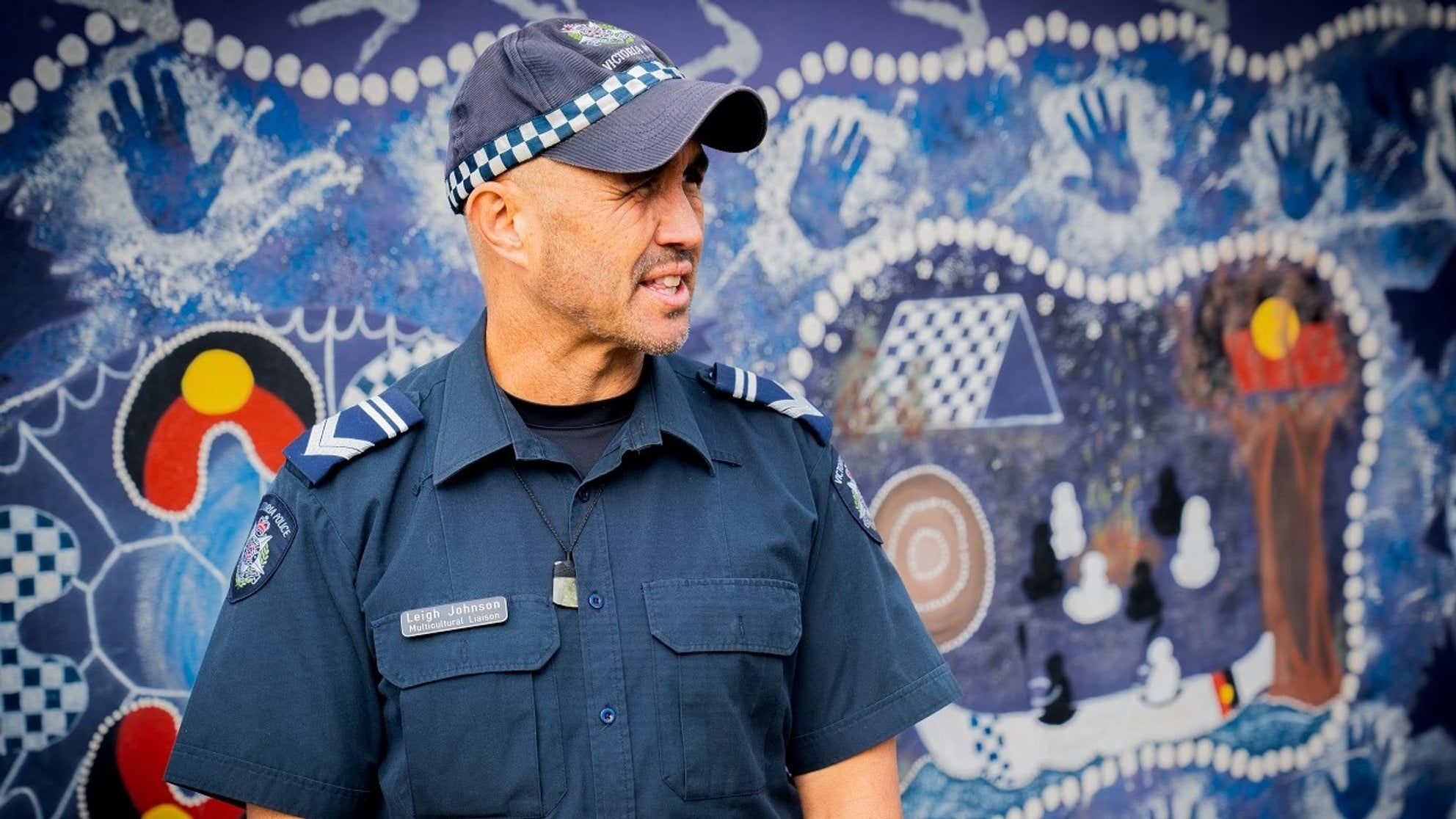Ever had a friend say something like:
“I went to see a counsellor, but it didn’t work … all I did was talk.”
This is a common misconception about the treatment process.
Talking about what you are thinking and feeling is definitely a part of most therapy. For some people, having someone listen is enough to make them feel better. But there are times when you may also need practical strategies and skills to combat the challenges you’re facing.
There are a variety of proven treatment options that can help manage a variety of mental health issues effectively.
When you’re looking for the right health professional for you, it's important to consider whether the counsellor or therapist uses evidence-based treatment approaches.
What are evidence-based treatment approaches?
Evidence-based treatments are types of therapy that have scientific proof in helping people manage certain issues. For example, these types of treatments may be able to:
- teach you ways to challenge and change negative thoughts
- lift your mood
- calm your body down and help you relax
- help you put troubling thoughts to rest
- show you strategies to improve your relationships
- help you reduce unhelpful coping methods such as drinking too much.
Post-Traumatic Stress Disorder
Depression
Anxiety
Medication
In some cases, medication can boost the effects of evidence-based therapy and help make life seem more manageable.
There are pros and cons when taking medication to manage your mental health symptoms, and it’s a personal decision that should be made with the advice of a trusted team of health professionals. You should talk to your GP if you would like to discuss medication options.
What to expect from your treating clinician
A vital part of the treatment process is the initial clinical assessment and diagnosis before treatment.
Treatment options
Your GP is a good place to start talking about what you are experiencing. Your GP can assist with a referral to an appropriate health professional.
Current and veteran Victoria Police employees and their immediate family members can also access free, confidential counselling through the Employee Assistance Program (EAP) and The Police Association Victoria (TPAV).
- Acacia Connection Employee Assistance Program (EAP)
Call: 1300 364 273 - The Police Association Victoria (TPAV)
Call: (03) 9468 2600
Updated


